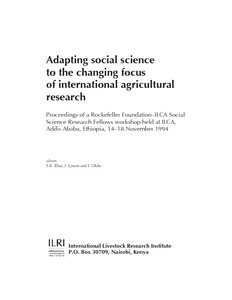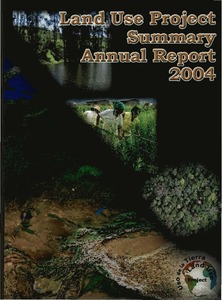Building on successes in African agriculture
Agricultural growth will prove essential for improving the welfare of the vast majority of Africa’s poor. Roughly 80 percent of the continent’s poor live in rural areas, and even those who do not will depend heavily on increasing agricultural productivity to lift them out of poverty. Seventy percent of all Africans— and nearly 90 percent of the poor—work primarily in agriculture. As consumers, all of Africa’s poor—both urban and rural—count heavily on the efficiency of the continent’s farmers.










